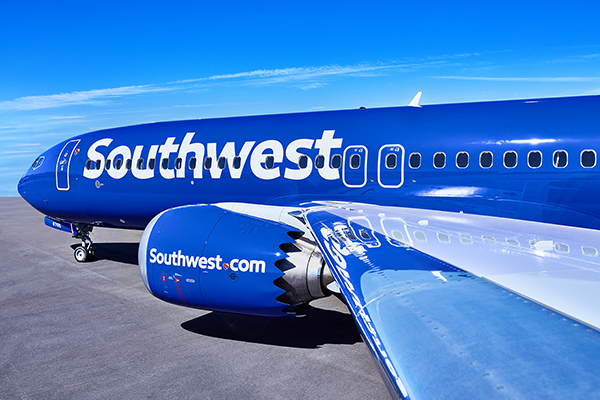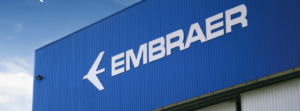Southwest Airlines will overhaul its board of directors as longtime Chairman Gary Kelly is set to retire next year, the company announced on September 10. The Dallas-based airline has faced increasing pressure from hedge fund Elliott Investment Management, which has acquired a 10% stake in the airline and pushed for changes to enhance Southwest’s financial performance and stock value.
Following discussions on September 9, Southwest revealed in SEC filings and a press release that six board members will step down in November, with plans to appoint four new directors, potentially including candidates suggested by Elliott. The airline’s leadership will also present an updated business plan at an investor day event later this month in Dallas.
This shakeup coincides with other significant changes, such as ending Southwest’s open seating policy and introducing redeye flights. Elliott attributes Southwest’s declining stock, which has halved over the past three years, to mismanagement and is advocating for the removal of CEO Robert Jordan and Gary Kelly, the former CEO. While Southwest confirmed that Kelly will retire after next year’s annual meeting, Jordan will remain in his position.
Elliott criticises Southwest’s leaders for failing to adapt to shifts in customer preferences and modernise the airline’s technology, which contributed to a significant breakdown in December 2022, resulting in over US$1 billion in losses. Despite this, Southwest’s performance has improved, with its cancellation rate in 2023 slightly lower than the industry average and better than United, American, and Delta, according to FlightAware. However, a series of incidents, including a near crash in the Pacific Ocean, has led to increased oversight by the Federal Aviation Administration.
Southwest was consistently profitable for its first 50 years, avoiding any full-year losses until the pandemic hit in 2020. While it has since been more profitable than American Airlines, it lags behind Delta and United. As of June, Southwest’s operating margin for the previous 12 months was slightly negative, compared with 10.3% at Delta, 8.8% at United, and 5.3% at American, according to FactSet.
































